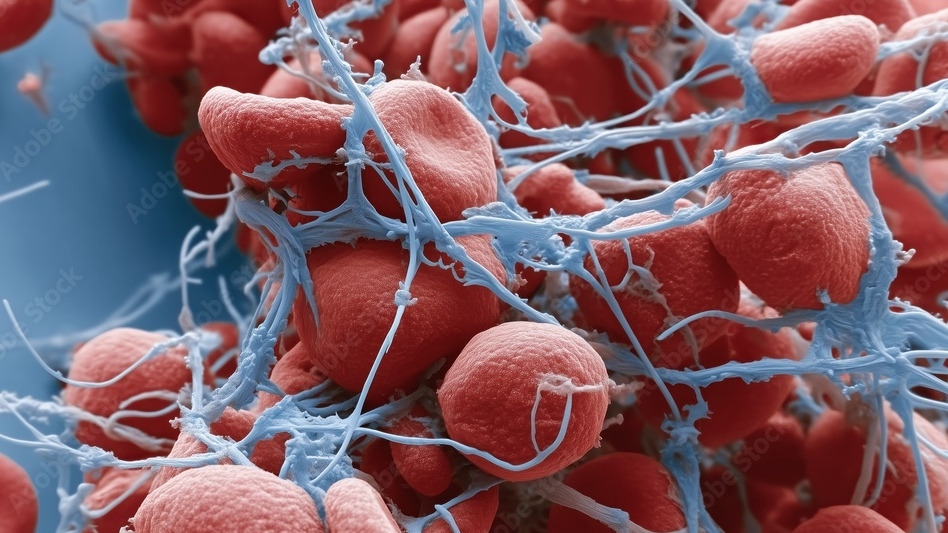
CSL backs VarmX in US$2.2bn deal
CSL has signed an option and collaboration agreement with VarmX valued at up to US$2.2bn. The company will pay US$117m upfront and will fund a global Phase III trial of VMX-C001.
VarmX is developing VMX-C001, a recombinant Factor X variant engineered to resist inhibition by direct Factor Xa anticoagulants. The drug bypasses the blocked pathway and restores thrombin generation downstream. This mechanism is designed to provide durable and predictable reversal in patients on Factor Xa inhibitors who require urgent surgery or present with uncontrolled bleeding. For CSL, the programme complements its portfolio in haematology and emergency medicine, where the company already markets plasma-derived and recombinant therapies.
The planned Phase III trial will test VMX-C001 in patients receiving apixaban or rivaroxaban who require emergency surgery. The study is expected to enrol several hundred subjects and will measure haemostatic efficacy and clinical outcomes, including time to surgical intervention and bleeding control. Earlier Phase I and II studies showed restoration of thrombin generation in healthy volunteers, but no patient-level efficacy data have yet been published. First enrolment is anticipated in 2026, with initial readouts projected for 2027.
Under the agreement CSL will finance pivotal development. The option allows CSL to acquire VarmX should the Phase III trial succeed. VMX-C001 has received Fast Track designation from the US FDA, reflecting the clinical need in anticoagulant reversal.
However, VarmX’s approach is not without competition. Andexanet alfa (Andexxa in the US, Ondexxya in Europe) was developed by Portola and is now marketed by AstraZeneca. The recombinant decoy protein is approved in both the United States and the European Union. Its approval was based on ANNEXA-4, a single-arm Phase IIIb/IV study that enrolled 479 patients with acute major bleeding, where haemostatic efficacy was reported in about 80% of cases. The drug’s effect is short and rebound anticoagulation and thrombotic events have limited uptake.
Ciraparantag (PER977), advanced by Perosphere and AMAG, has completed Phase II trials in healthy volunteers exposed to edoxaban. These studies showed normalisation of whole blood clotting times within 30 minutes, but the compound has not yet entered Phase III. Development timelines remain uncertain, with no pivotal study announced.
Takeda is testing TAK-330, an optimised prothrombin complex concentrate, in a Phase III programme enrolling patients on Factor Xa inhibitors with acute bleeding. The trial is designed to compare haemostatic efficacy with standard PCC treatment. Enrolment began in 2024 and Takeda has guided to data in 2026. Hospitals are familiar with PCCs, yet the approach is non-specific and carries a thrombosis risk.
Last year, German start-up Emfret GmbH, came up with a new approach.
If Phase III results validate safety and efficacy, VMX-C001 could establish a differentiated role in this competitive class. All these products target an anticoagulant reversal drugs market projected at US$2.25–3.0bn by 2030, according to Valuates Reports and Grand View Research.




